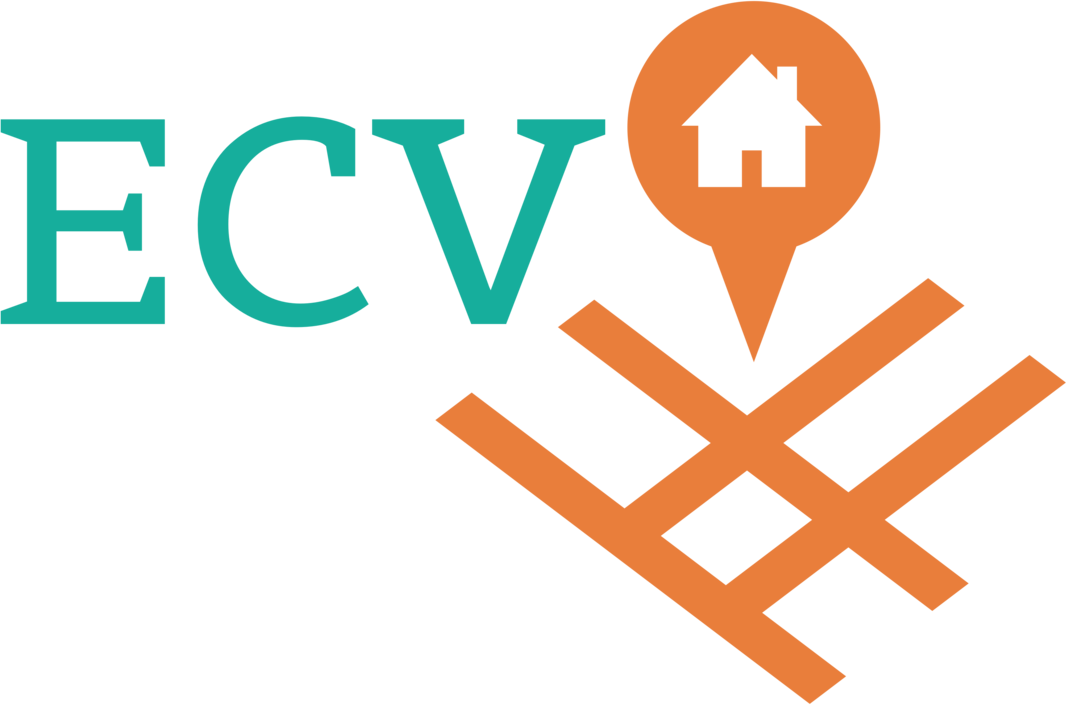Chess: The Timeless Game for Seniors and Young Ones
According to YouGov, just 21% of Americans play chess at least occasionally; this is less than half of the adult inhabitants of the United States who don't know how to play the game (43%). Chess has been loved for ages and is popular with young and old players. This blog examines its ongoing appeal, from developing educational prowess and critical thinking abilities in the young to strengthening social bonds and mental sharpness in the elderly. Learn how chess, a lifetime hobby that enriches minds and hearts throughout communities, spans generations.
Benefits of Chess for Seniors:
Seniors can benefit greatly from playing chess, making it an excellent exercise for social and cerebral enrichment.
Mental Stimulation: Chess is a mental workout that hones cognitive skills such as memory, problem-solving, and strategic thinking. Regular engagement in this mental exercise can help seniors maintain or improve their cognitive function, reducing the risk of dementia and cognitive decline.
Social Interaction: Chess is a social game that promotes communication and interpersonal relationships. Seniors can benefit from the mental stimulation and camaraderie that chess provides by playing with friends and family or in public venues like clubs or competitions.
Emotional Well-being: Chess's cerebral challenges and achievements can increase seniors' confidence and self-esteem. It gives people a feeling of accomplishment and purpose, crucial for preserving emotional health as they age.
Benefits of Chess for Younger Players
Chess is more than just a game for kids and teens; it has several advantages. Here are a few main benefits:
Cognitive Development: Playing chess improves one's ability to think critically, plan strategically, and solve problems, essential for daily decision-making and academic performance.
Academic Performance: Regularly playing chess has been associated with better success in logic and mathematics because of the analytical skills built when playing.
Emotional Regulation: Chess develops emotional intelligence and sportsmanship by teaching perseverance, patience, and the capacity to control emotions under duress.
Social Skills: Chess games with friends or in competitions foster social contact, communication, and teamwork, which helps young players form bonds and work well together.
How Chess Bridges Generational Gaps
Chess has a unique power to unite individuals of all ages, bridging generational gaps. Here's how to do it:
Shared Interest and Bonding: Chess offers a global platform for elderly and younger people to participate in a shared hobby, encouraging interactions and connections that cut across age barriers.
Mutual Learning and Mentorship: Younger participants contribute new perspectives and energy, and seniors can impart their life experience and strategic wisdom to them, fostering a mutually beneficial learning atmosphere.
Intergenerational Programs and Events: Encouraging intergenerational participation in organized chess programs and events fosters meaningful relationships and bonds between elder and younger players and promotes the game.
Chess as a Lifelong Hobby
Because it tests one's mental faculties and encourages social contact among all ages, chess becomes the perfect lifetime activity. While younger players gain from enhanced critical thinking and focus abilities, seniors benefit from maintaining their mental acuity and social engagement. Chess is a stimulating activity enjoyable for people of all ages and provides social and intellectual stimulation due to its accessibility and instructional value.
Conclusion
In conclusion, chess is more than simply a game; it's an age-old activity that unites players of all ages and has numerous advantages for experienced and novice players. For older enthusiasts, it fosters critical thinking, academic skills, and critical social traits; for younger enthusiasts, it cultivates academic skills, social interaction, and emotional fulfillment. Chess is still an effective way to promote intellectual development, friendship, and personal improvement for people of all ages, whether they find its joys again later in life or begin playing at a young age to benefit from it for the rest of their lives.
Please tell your friends and family about this blog so they can learn how chess can benefit seniors and children.
Check out our care blog section for more helpful blogs like this one.

